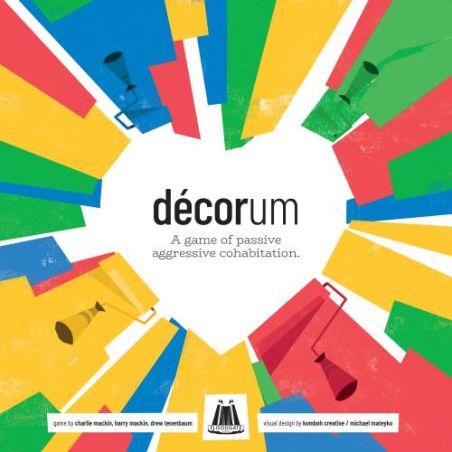
Lusíadas
En stock
Última unidad en stock


ÚLTIMA UNIDADE EM STOCK
Esta es la última unidad de este artículo, por lo que te recomendamos que la compres online, aunque sea para recogerla en nuestra tienda (Benfica-Lisboa).
Editorial Floodgate Games
Idioma

Dependencia del idioma (0-4) 2. Media
Núm. jugadores 2 3 4
Tiempo de juego 30 a 60 minutos
Autor Charlie Mackin, Drew Tenenbaum, Harry Mackin
Edad mínima 13
Temas Puzzle
Mecánicas Communication Limits, Cooperative Game, Deduction, Negotiation, Roles with Asymmetric Information, Scenario / Mission / Campaign Game
Núm. Cartas
120 | 115
Fundas 63.5x88 | 70x120
En stock
En stock
En stock
En stock
En stock
En stock
En stock
Restock